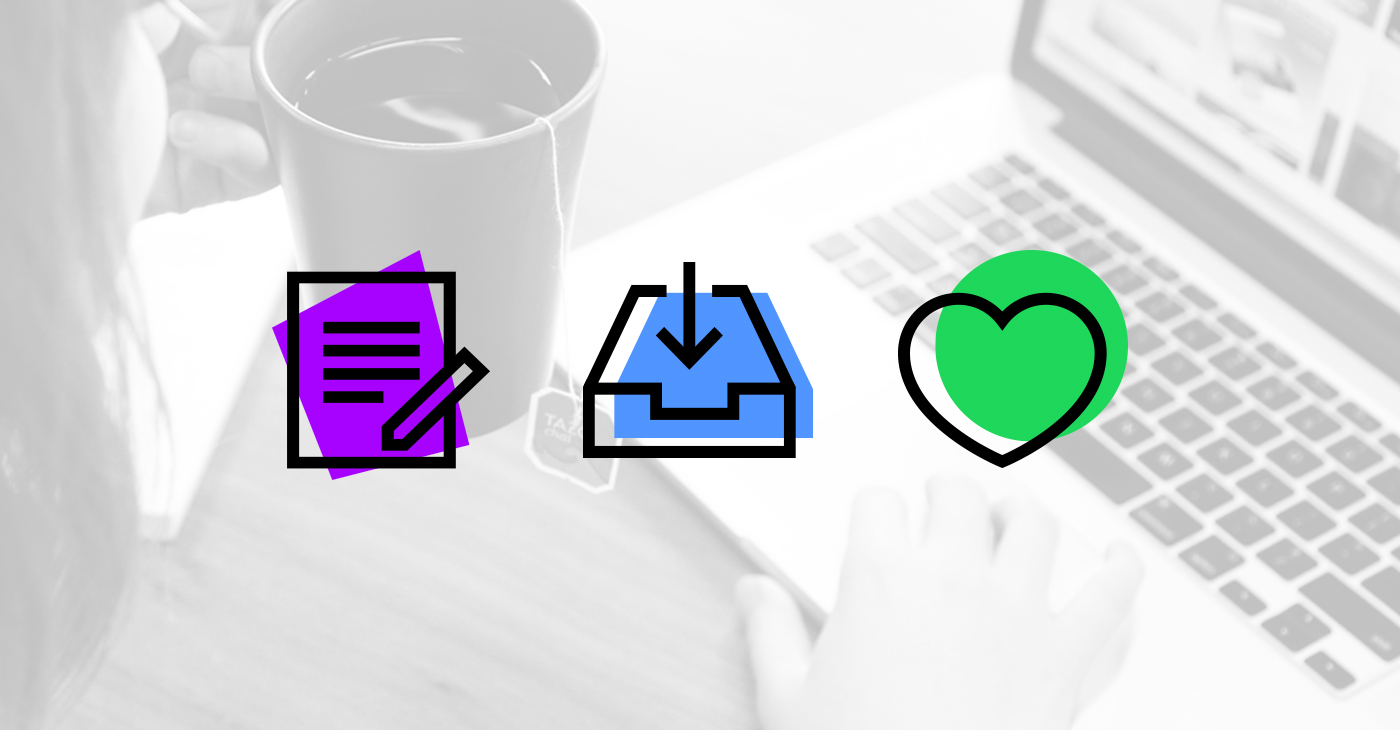For 21st century human beings, stress is the single most important factor that affects health and performance. Stress is a leading cause of 70% of modern illnesses.* As an educated professional, you probably know this.
However, did you know that people simply can’t make good decisions under stress? Some refer to this loss of decision-making ability as “going limbic” – where your primitive brain is making the decisions, but without much higher conscious awareness. Study after study shows that decision-making under stress tends to result in poorly-reasoned choices that focus on immediate payoffs at the expense of long-term benefit.
Regular stress-management practice helps you optimize decision-making, which benefits you, as well as those around you. It doesn’t matter if that system is meditation, deep breathing, yoga, self-hypnosis, exercise or any of dozens of other effective practices. What matters is that you make it a part of your daily routine – ideally for 15-20 minutes twice daily – but any regular routine will be beneficial. After all, keeping your mind tuned up is at least as important as brushing your teeth! Plus, regular relaxation practice builds skills that you can apply to a variety of settings, such as relaxing before meetings to allow you to be more present and more effective at work.
You might be saying to yourself, “Well, that’s all fine for you, but I have a lot of work to do.” We all know that we should eat right, exercise, reduce stress and spend time with loved ones. However, we are not always aware of how key these simple activities are to maximizing our performance in all areas. The fact is, when we are maintaining our body, mind and spirit, we simply do not have the physical and mental capacity to perform at our best. When we are not at our best, we are more likely to fall short of the results we desire. For example, many studies show that taking time out during the workday to exercise actually improves productivity more than if you had spent that time working.
However, having a good self-care practice doesn’t mean that we can “do it all.” Sometimes – probably most days – you will have to choose between the hour-long workout, the 8 hours of sleep and the half-hour of meditation on a given day. That’s where the concept of “minimums” comes in. Your “minimum” is the very least that you can do in the important areas of your life and still continue to nurture and grow those areas. Minimums aren’t about perfection or even your own personal ideal. They are simply the foundation upon which you can build a life that will support you in becoming the best “you” you can be.
One helpful resource for assessing your current life satisfaction and determining your own minimums is my free e-book, 7 Foundations of Health and Happiness: First Steps. You can get your free copy here: www.stressfreelivinggift.com. This workbook was created to support you in assessing your current life balance in seven key areas, so you can begin to create the life you truly want.
Remember: There is no “right” answer. Only you can determine the bottom line for your own personal best life. I encourage you to take some time now to take a close look at your life, so that you can start creating your ideal life in 2013. Good luck!









